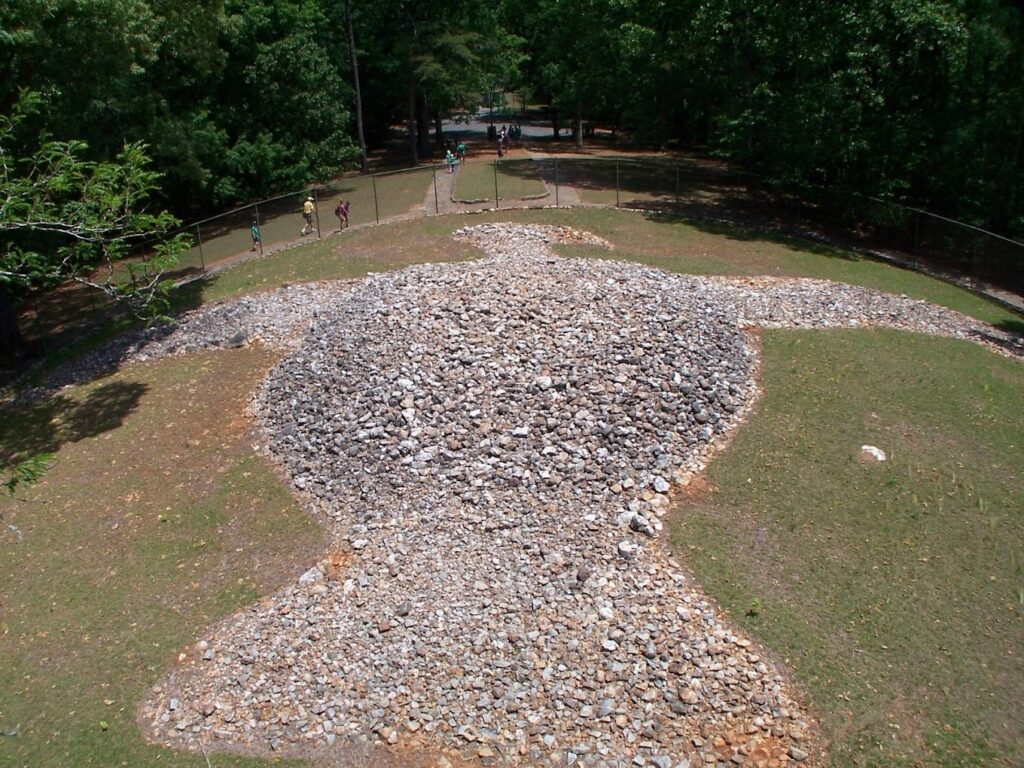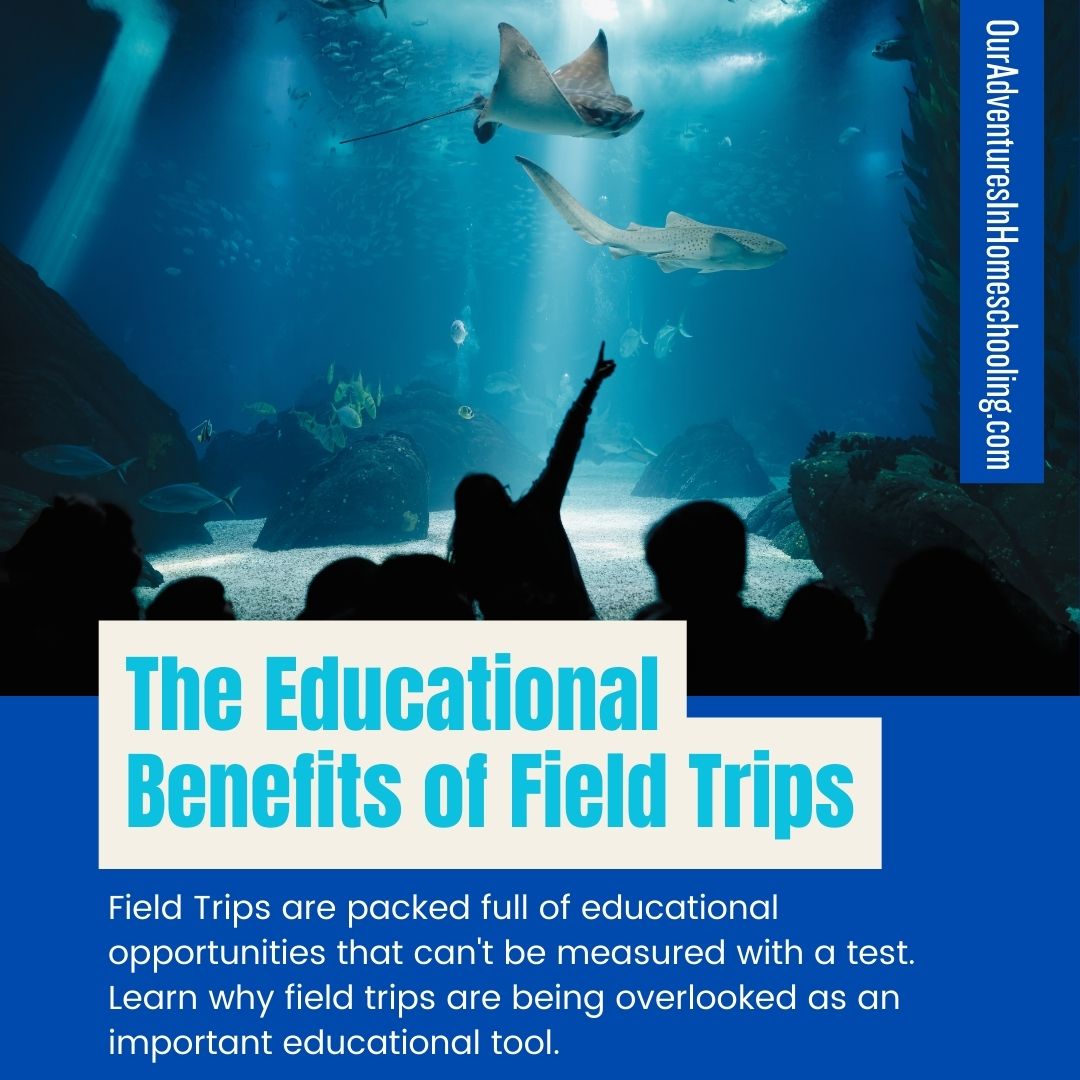In this blog post, we will delve into the importance of field trips and how they contribute to the overall development of kids.
Table of Contents




Field trips have long been a beloved part of the education experience, and for a good reason. These off-campus excursions offer students a chance to step outside the confines of the classroom and explore the world around them in a hands-on, interactive way.
From visiting museums and historical sites to exploring nature’s wonders, field trips are more than just fun outings—they are powerful educational tools that foster a deeper understanding of the world and leave a lasting impact on young minds.
Unfortunately, our current education system is so focused on test scores that field trips and educational travel has taken a backseat. In fact, most students, if they’re lucky, only take 1 field trip a year!
Traditional Schools Change Their Focus
Some of my fondest memories of childhood are the incredible field trips and educational travels my school would take.
I distinctly remember in 4th grade, our school took at least 3 field trips…probably more, but these are the ones that stand out in my memories.
The first one was the obligatory trip to Zoo Atlanta. Back in the 80s/90s, I think every single student within a 2 hour drive of Atlanta visited the zoo. Every year, from Kindergarten through middle school, we would visit the zoo. I can remember seeing the gorilla habitat transform from a room with Willie B watching a TV to the lush, tropical oasis that it is today.
These field trips to the zoo were fun at the time, but looking back, I can see the impact it made on me. I didn’t just read about these animals in books, I got to see them up close and personal. You can talk all day long about the size of an elephant, but you don’t truly grasp what a majestic creature they are until you actually see the elephants spraying water at each other and playing in the mud.
During my 4th grade year we also took a trip to Rock Eagle. I can remember being amazed at seeing how the indigenous people from the area created this incredible artistic design using just rocks. Sure, we read about it in class, but the magnitude of this creation just doesn’t make an impact until you’re standing in front of it.




That same year my school took a trip to the NASA Space Center in Huntsville, Alabama. This was our HUGE, end of the year field trip, that we had to “earn” by getting good grades, being kind to each other, and following directions. If you got enough “stars” on the board then you “won” the opportunity to go on the field trip. Side note: every one won and those who couldn’t afford the price of the trip the school covered the cost.
Over 30 years later I can still remember the feeling of climbing into the centrifuge and being pressed against the wall from the force. After that moment I was forever able to explain the force of motion because I actually experienced it!
The importance of field trips isn’t measured in the moment with a standardized test, field trips become core memories that last a lifetime.
Unfortunately, traditional schools have lost sight of the importance of field trips. Instead, they are focused on test scores and teaching facts for kids to recite without worrying about the retention or true understanding of those facts.
My son attended traditional school up until 3rd grade and it was considered one of the top elementary schools in our state. But, the schools in our area only offered one field trip per year to each grade level. It was known that Kindergarten students would go to the pumpkin patch for their field trip. First graders would go to the amusement park about an hour away. Second graders would visit the zoo. And so on until middle school, when field trips would stop because “students at this level would miss too much by taking a day off school”.
The schools had standardized field trips just like they standardized testing.
The Beauty of Homeschool When It Comes to Field Trips
Understanding the importance of field trips and how they connect to core memories to truly solidify learning, I jumped at the idea of homeschooling when I realized the freedom we have when it comes to field trips.
For our first year of homeschooling (Kindergarten and 4th grade), I instituted field trip Fridays. Every single Friday we would take a break from book work and go on a field trip.
Now, not every field trip was as elaborate as going to the zoo. But, I would make sure we would go somewhere and do something “educational”.
Not only did this help me encourage the kids to stay on task during the week, but the learning that happened on these field trip days was incredible. We just started year 4 of homeschooling and my kids still talk about things they learned from those first year field trips.




I will admit that doing a field trip every single week was not sustainable. We have basically seen every museum, nature center, and park within a 2 hour radius of where we live. But, we still try to do field trips at least twice a month. Now the kids can choose our field trips based on the places we have visited and the ones that were their favorites.
Field Trips Create Real-world Connections
One of the most significant advantages of field trips is their ability to provide real-world connections to what students are learning. Traditional classroom learning often feels abstract and removed from everyday life.
By venturing into the real world, kids can witness firsthand how the concepts they learn apply in practical settings. For example, a history class visiting a historic site can gain a profound understanding of the events and people that shaped the past, making history come alive before their eyes.
Enhanced Learning Experiences from Field Trips




Field trips offer an enriched learning experience that goes beyond textbooks and lectures. Engaging in interactive activities, listening to experts, and observing phenomena directly enables students to absorb information in a more profound and memorable way.
This experiential learning enhances their retention and comprehension of the subject matter.
Research has shown that students who participate in field trips demonstrate increased interest in the subject and are more likely to retain the knowledge over the long term.
Development of Critical Thinking Skills
Field trips encourage students to think critically and solve problems outside the structured environment of the classroom. While exploring new environments, they face unique challenges and must adapt quickly.
By interacting with their surroundings and peers, students develop problem-solving skills, learn to collaborate, and make informed decisions on the spot. These skills are invaluable in their academic journey and throughout their lives.
Stimulating Curiosity and Passion for Learning
Field trips have the power to spark curiosity in students and ignite a passion for learning. By exposing them to new places, cultures, and experiences, field trips broaden their horizons and open their minds to the endless possibilities the world offers.
Curiosity is the foundation of a thirst for knowledge, and field trips provide the perfect medium to awaken this curiosity, motivating students to explore further and delve deeper into subjects that intrigue them.
Inclusivity and Diversity
Field trips create opportunities for students to interact with diverse communities, cultures, and experiences they might not encounter otherwise.
This exposure fosters understanding, tolerance, and empathy, promoting a sense of inclusivity among students. By celebrating differences and recognizing similarities, field trips contribute to a more harmonious and compassionate society.
Social and Emotional Development
Beyond academic growth, field trips also facilitate social and emotional development.
These outings encourage students to bond with their peers and teachers in a less formal setting, building stronger relationships and a positive classroom environment. Additionally, overcoming challenges and stepping out of comfort zones during field trips helps students develop resilience and self-confidence.
The Importance of Field Trips for Education
Field trips are an indispensable part of the educational journey, providing numerous benefits that extend far beyond the classroom walls.
By connecting students to the real world, stimulating their curiosity, and nurturing their passion for learning, these excursions play a vital role in their holistic development.
Field trips not only reinforce classroom learning but also enrich students’ lives by fostering critical thinking, empathy, and an appreciation for diversity.
As educators and parents, let us continue to advocate for the importance of field trips in shaping our children’s bright and promising futures.

